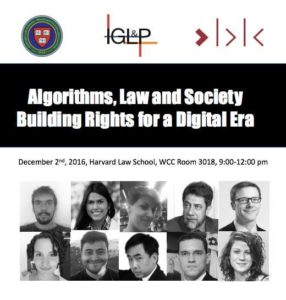 Over the past years, the use of information and communication technology (ICT) have grown exponentially across the globe. This development provoked paradoxical transformations in the dynamics of power. On the one hand, there is hope that ICT can permeate government, law, policies, and businesses provoking more transparency and efficiency. On the other hand, the use of ICT by government, businesses and people in general can be interpreted as an expanding arena for disrespect of human rights: concerns about privacy and security are just the most salient ones; what would one think about governments deciding about social security, education and health using algorithms and big data?In this context, it is fundamental to question how ICT shapes law and policies.
Over the past years, the use of information and communication technology (ICT) have grown exponentially across the globe. This development provoked paradoxical transformations in the dynamics of power. On the one hand, there is hope that ICT can permeate government, law, policies, and businesses provoking more transparency and efficiency. On the other hand, the use of ICT by government, businesses and people in general can be interpreted as an expanding arena for disrespect of human rights: concerns about privacy and security are just the most salient ones; what would one think about governments deciding about social security, education and health using algorithms and big data?In this context, it is fundamental to question how ICT shapes law and policies.
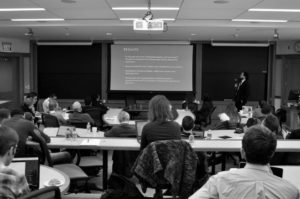 On December 2nd, the Institute for Global Law and Policy, Harvard Law School Brazilian Studies Association, and the Berkman Klein Center for Internet & Society at Harvard University held a Workshop to discuss these matters. The Workshop aimed at presenting some perspectives on how different actors are mobilizing ICT to change lawmaking and legal services, contributing to understand the potential development of the use of ICT in these areas. It brought together people from different backgrounds – legal academics, engineers, company representatives and former public authorities – to discuss these topics.
On December 2nd, the Institute for Global Law and Policy, Harvard Law School Brazilian Studies Association, and the Berkman Klein Center for Internet & Society at Harvard University held a Workshop to discuss these matters. The Workshop aimed at presenting some perspectives on how different actors are mobilizing ICT to change lawmaking and legal services, contributing to understand the potential development of the use of ICT in these areas. It brought together people from different backgrounds – legal academics, engineers, company representatives and former public authorities – to discuss these topics.
Photo credits: Pedro Hartung
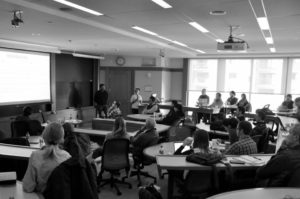
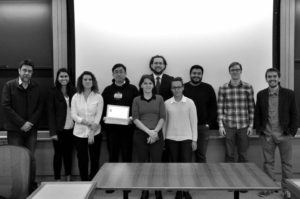
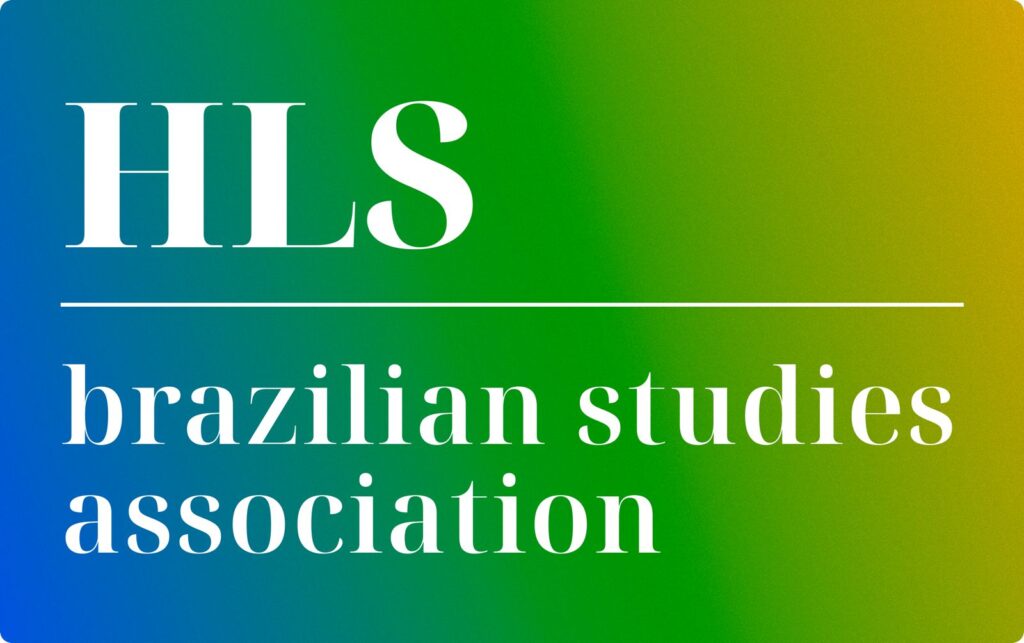
Leave a Reply